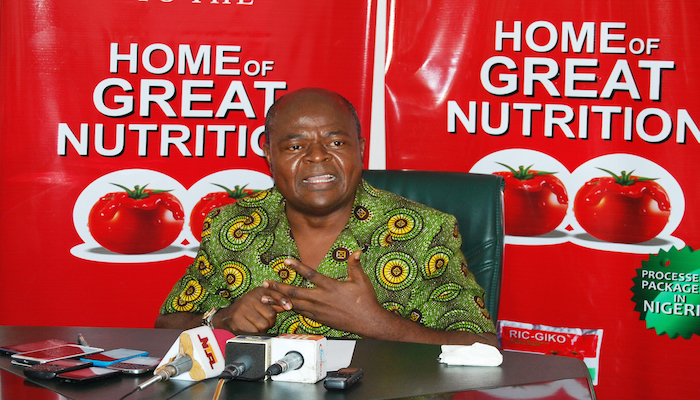Nairametrics| The ban on import of tomato paste and increase in tariff for tomato concentrate has started yielding positive benefit as Erisco foods has decided to expand its operations.
While the expansion will create jobs in a country with millions of unemployed youths and increase the revenue that will accrue to the government through taxes, the company depending on government to survive smacks of crony capitalism. Crony capitalism is an economy in which success in business is dependent on close relationships between business people and government officials. A feature prevalent in developing countries like Nigeria. If the government decides to reverse the policy, will the company once again threaten to leave the country?
Sectors that are overly dependent on government support tend not to do well. Crony capitalism often leads to the creation of monopolies and cabals which squeeze out small business. These features were present in the downstream petroleum where allocation of licenses to import petrol was based on relationships cultivated in government, the Nigerian National Petroleum Corporation (NNPC) or Ministry of Petroleum before the recent partial subsidy removal.
Several analysts are of the opinion, the ban on imported paste is ill advised. While the country produces a large volume of tomatoes, farming of the commodity like any other crop is subject to cycles. Twice, the Dangote tomato paste factory has shut down due to a lack of raw tomatoes. This was due to farmers switching to farming rice which was more profitable and a pest attack which destroyed several crops.
The industry is still heavily reliant on imported equipment and inputs whose prices are affected by fluctuations in the exchange rate. Again, the government has bent over backwards by creating a special window for manufacturers and SMEs to access foreign exchange. There is no certainty that the government will continue with this policy if crude oil prices or production volumes decline. While these measures may make tomato, paste produced in the country cheaper, they are temporal in nature. An increase in the price of the locally made paste will see consumers switching back to imported products.
Rather than depend on government policies for survival, Erisco foods needs to carry put backward integration by developing out grower schemes with tomato farmers and relying on locally produced equipment and inputs. The company can also diversify into producing goods it can export.
